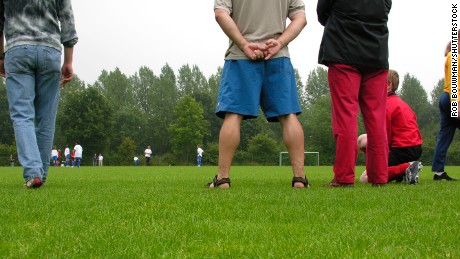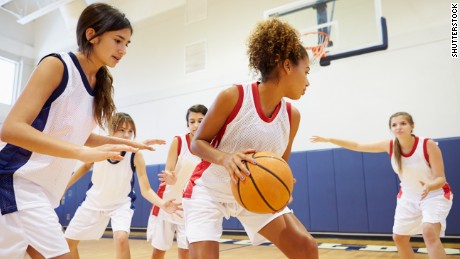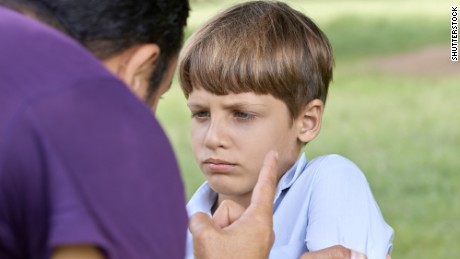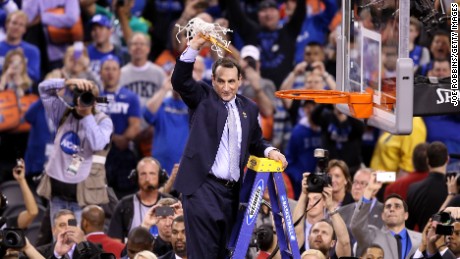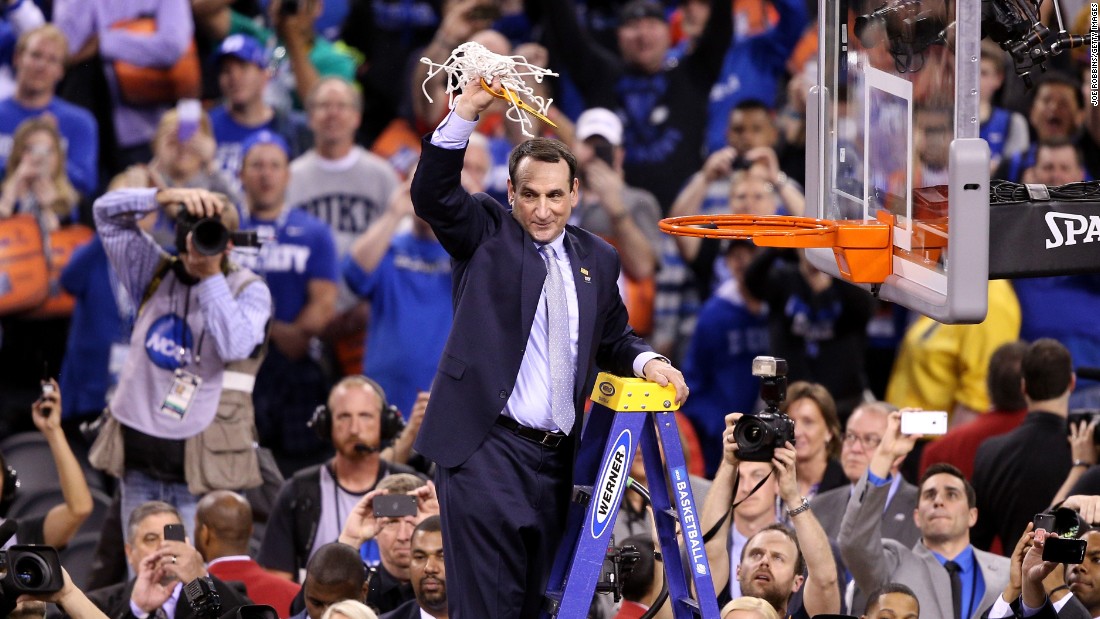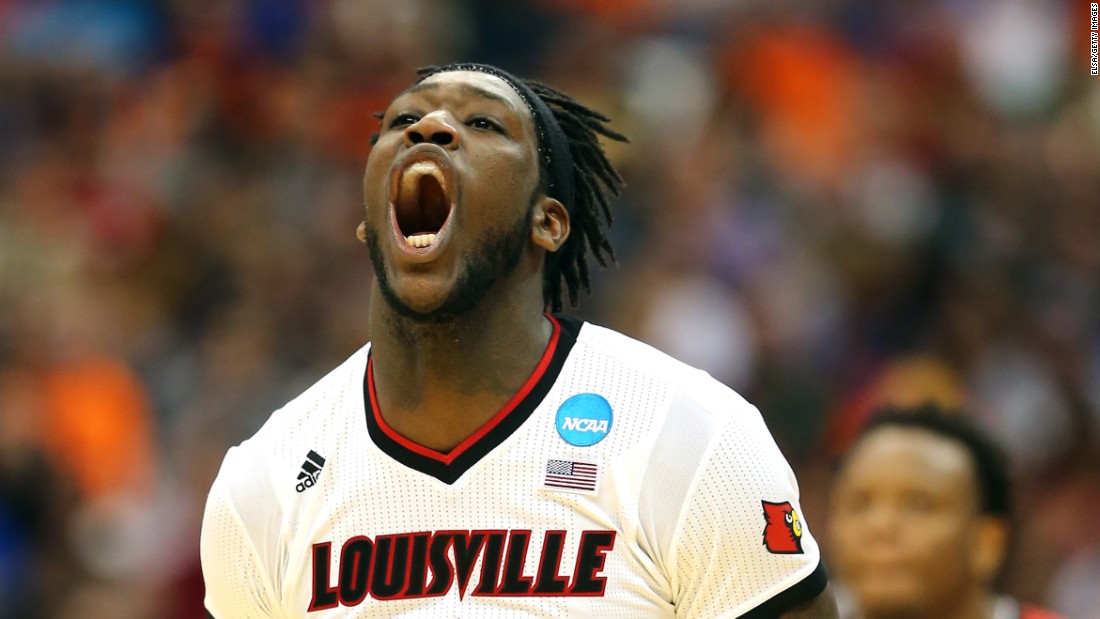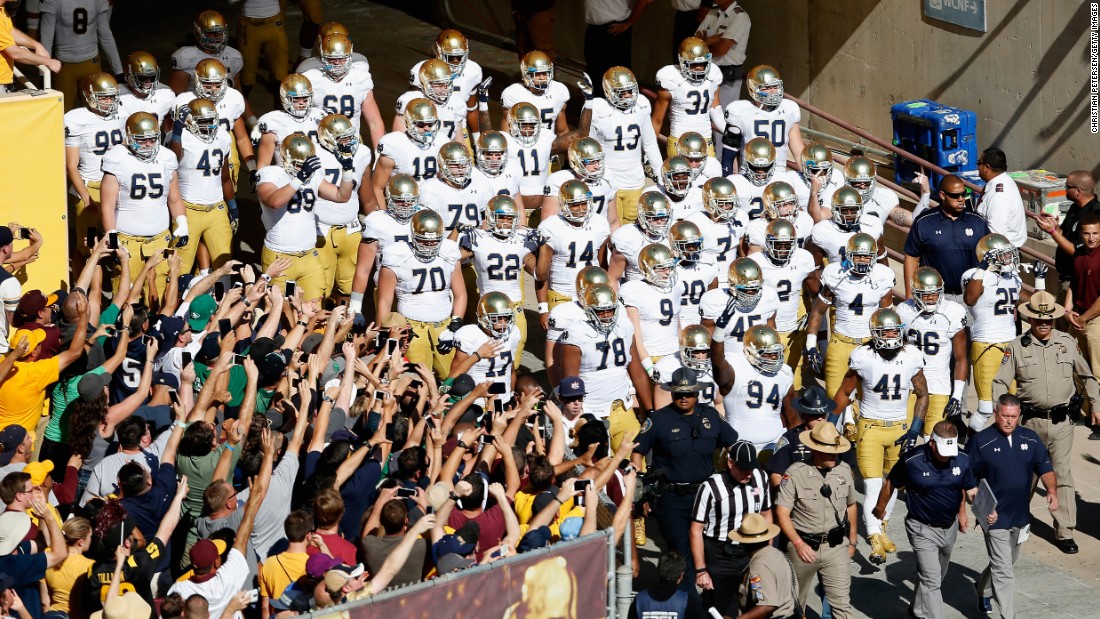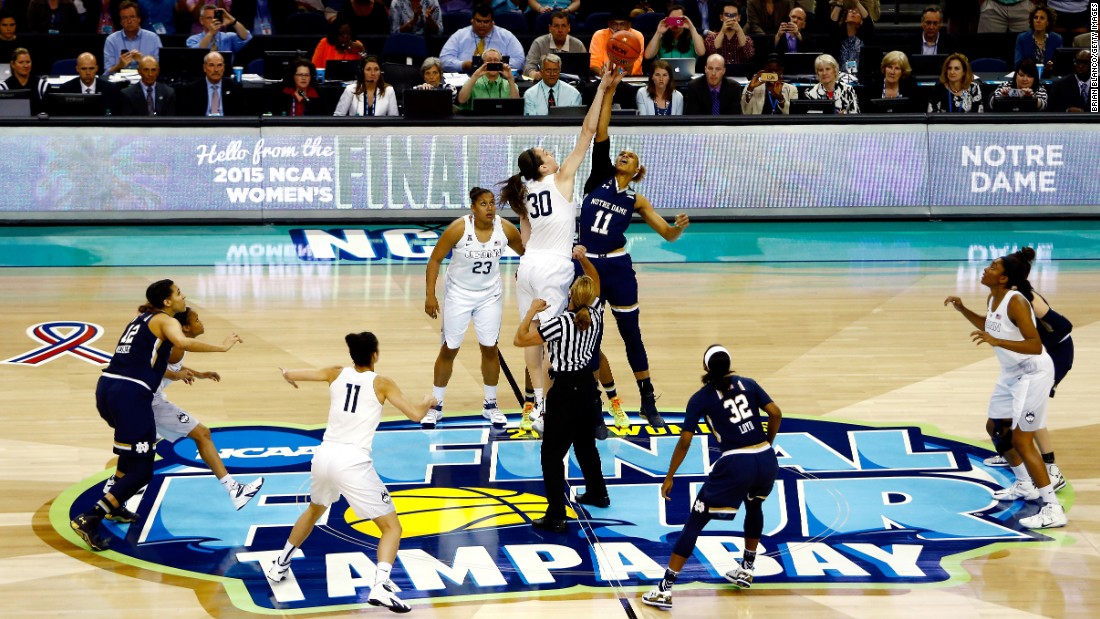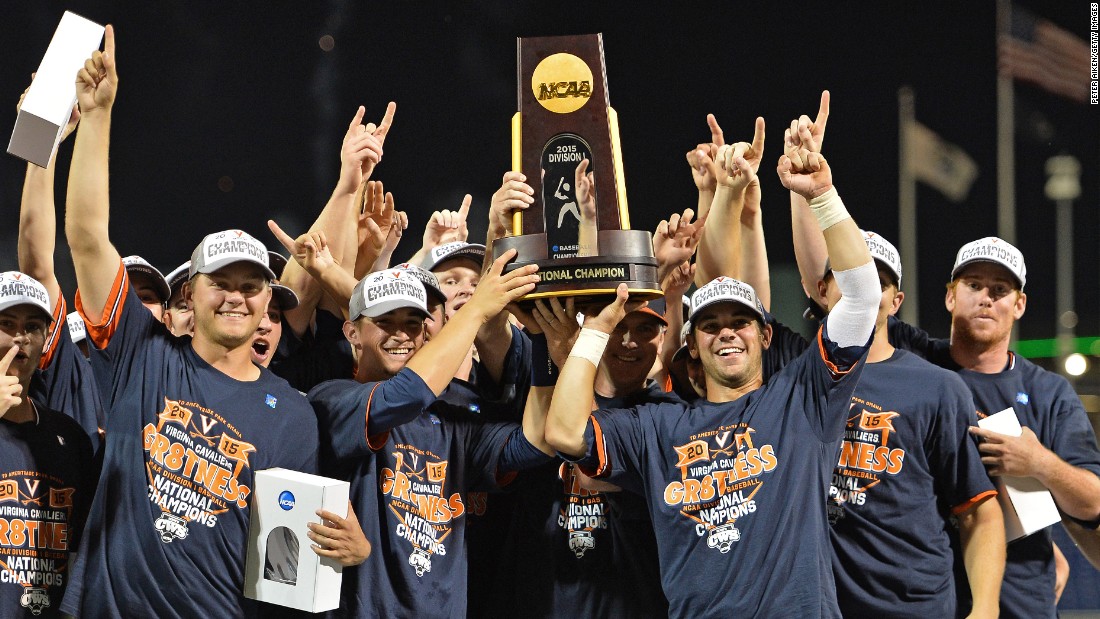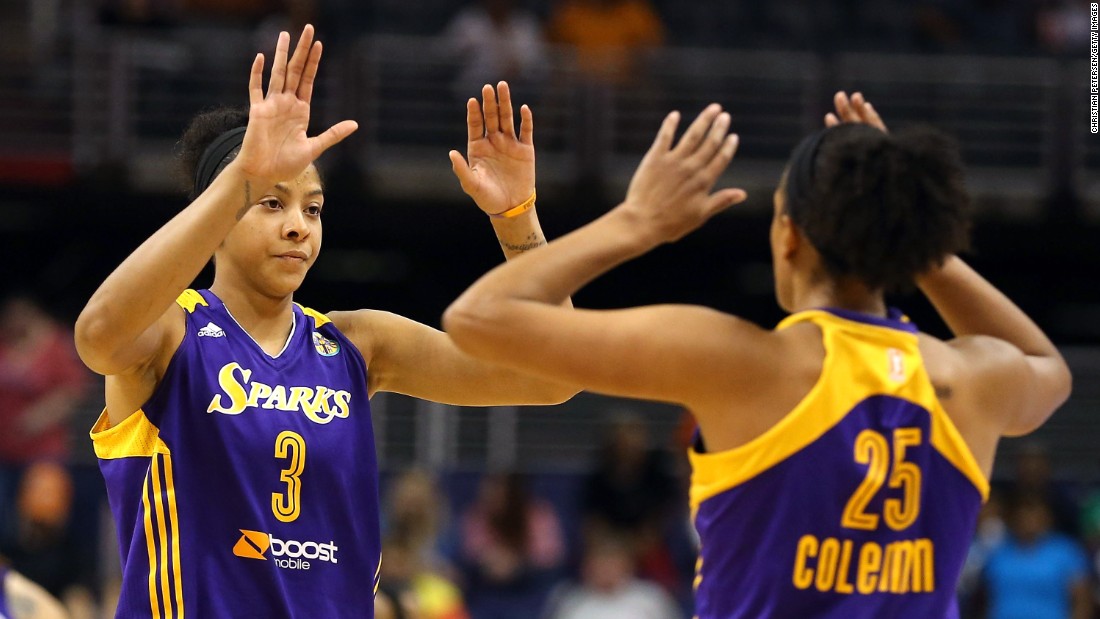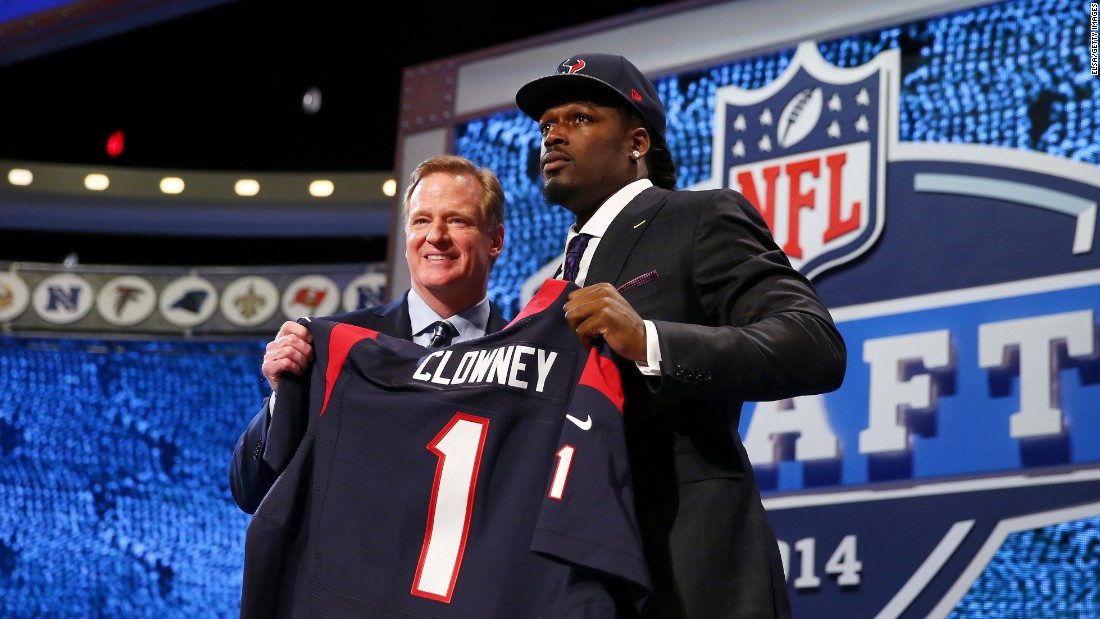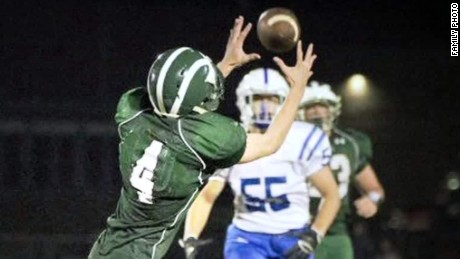
How to make your kid hate sports without really trying – CNN
The early recruiting by colleges combined with parents’ unwillingness to stand up and say no to such practices is just one example of how youth sports has changed and for the worse, coaches, players, authors and parents I interviewed for this story say. And, there are plenty of stats to back up how concerning the problem should be for parents who want the best for their kids.
Seventy percent of children leave organized sports by the age 13, according to research by the National Alliance for Sports. Let’s put it this way: If your daughter or son plays on a soccer team, seven out of 10 of the members of that team won’t be playing soccer or any organized sport whatsoever by the time they enter their teenage years.
“Kids are telling us this is not for me. It might be for you, but it’s really not meeting our needs,” said Mark Hyman, author of three highly-regarded books on kids and sports, including “Until It Hurts: America’s Obsession with Youth Sports and How It Harms Our Kids.”
Hyman, who is an assistant professor of management at George Washington University, likes to compare the situation to what might happen in the business world with the same kind of fallout. “If 70% of Walmart’s customers walked out of the store and said, ‘This is not for me. I’m not coming back,’ the status quo would not stand. Walmart would figure out a different business model but in youth sports, we seem to be very satisfied with a 70% dropout rate.”
We shouldn’t be satisfied and should be very worried about how many kids are dropping out, said John O’Sullivan, a former college and professional soccer player, who has coached on every level from children to college, and who now devotes his energy to the Changing the Game Project. His organization’s goal is to return youth sports to the children and to “put the ‘play’ back in ‘play ball.’ “
“As I say to all the parents at my parents talks, ‘This isn’t a sports issue. This is a wellness issue,’ ” said O’Sullivan, citing how this generation is the first generation to have a shorter life expectancy than their parents and it’s due to inactivity. “We know all the benefits of activity from better grades to less drugs, less pregnancy, more likely to go to college and on and on and on and yet at the same age when most kids are walking away from sports is that critical age where if they’re active then, they’re likely to be active for life.”
Why are kids walking away
One of the main reasons kids are walking away is because of injuries due to overuse, many of the people I interviewed for this story say. Every year, more than 3.5 million children under the age 14 need treatment for sports injuries, with nearly half of all sports injuries for middle and high school students caused by overuse, according to research.
This is something Hyman knows all too well, he says. His son was a star pitcher at age 10 (he was the coach), and Hyman often thinks about the “pretty profound mistake” he made getting swept up in his son’s success.
By the time his son was 16, he had a ruptured ligament in his elbow, which spelled the beginning of the end for him, said Hyman. “Was I too invested in his youth baseball career? Yes. Should he have pitched less? Yes. Should I have said no to some opportunities he had to play on teams during times of the year when he should have been resting? Yes,” he said.
“So, I guess I’m an example of a parent who I think made some mistakes and probably could help parents understand that they shouldn’t be in a hurry, that if their kids really have talent and passion that they are going to be OK whether they’re playing on six travel teams or just the rec league.”
O’Sullivan, who has two young children ages 8 and 10 who play sports, says having a child concentrate on one sport — and one sport only — before their middle teenage years is a big part of the problem. Parents believe they need to give their kid an edge, he said, but the irony is they may be hurting their child’s athletic future more than helping.
“I’d say that overwhelming emotion is one of fear: ‘What if I don’t give my kid this chance? Am I a bad mom? Am I a bad dad? Will my kid fall behind?’ ” said O’Sullivan, author of “Changing the Game: The Parent’s Guide to Raising Happy, High Performing Athletes, and Giving Youth Sports Back to our Kids.” “The actual science and evidence that we look at though shows that except in sports like female gymnastics where kids hit their peak when they’re 14- (and) 15-years-old, specializing in one sport before the age of 12 is going to be a far less likely path to actually elite level performance.”
Most kids who do specialize early often say, when they are asked about any regrets, that they wish they did other sports, he said.
Research by the U.S. Olympic Committee shows that the vast majority of elite level athletes are multisport athletes until their middle teenage years, he added.
“I just think it helps if you participate in multiple sports,” said Norpel Dzelzgalvis, the former Division I college player and former coach. “I think that if you look at most college rosters, you will see that these student-athletes have excelled in multiple sports, and not just the one for which they were recruited to play in college.”
Carugati credits Norpel Dzelzgalvis, one of her daughter’s lacrosse coaches from the time she started playing in the second grade and up through the eighth grade, as one of the reasons why her daughter continued to play lacrosse, along with soccer and basketball.
“They never made those girls feel like they couldn’t play another sport,” said Carugati, a mom of three and marketing consultant, who volunteered for her daughter’s recreational league lacrosse program.
Said Norpel Dzelzgalvis, “We never wanted to tell kids who were 11 years old, ‘I’m sorry but you have to commit to this as your year-round sport.’ I mean there’s plenty of time for that but kids would come to us and say, ‘Well, our soccer coach said to us we’ll be off the team if we go to our lacrosse game instead of our soccer game.’ ”
Coaches and parents need to ‘redefine’ success
More coaches, who are more focused on keeping the game fun and watching players develop skills that help them for life as opposed to winning at all costs, would no doubt help.
But, it isn’t easy to ignore those pressures to win, says Hyman. He remembers how all the parents were pleased when the team was winning and how those victories reflected positively on him as coach. “Looking back, none of those things really matter when your kid is 8- or 9- or 10 years old. They should be the least important things,” he said.
Coaches should be guided by long-term, not short-term, success, said O’Sullivan.
“So, you know what, on a 9-year-old team, on an 11-year-old team, 12-year-old team, every kid should play every game. Anyone who doesn’t say that doesn’t care about kids and doesn’t understand anything about talent development. You can’t know if an 11-year-old is going to make it or not.”
The concept of success in sports also needs to be redefined, says Janis Meredith, a coach’s wife for 29 years and a sports mom for 21 years, who likes to say she has “seen life from both sides of the bench.”
She writes about sports parenting on her blog JBMThinks.com and is the author of a sports parenting survival guide, including “22 Ways to Let Kids Be Little in Youth Sports.”
“Success doesn’t mean that you’re always going to be the star on the team. It doesn’t mean that you are always going to start,” said Meredith, who tells the story of how her daughter, when she was a senior in high school, thought about quitting the basketball team because she was getting less playing time that she had during her junior year.
Her daughter ended up sticking with the team, and decided that her role on the team was going to be “the encourager.” At the end of the season, at the awards’ dinner, her coach saluted her as the most encouraging player on the team, said Meredith.
“And I thought, OK, my daughter wasn’t the leading scorer, but you know what, that was success, that she stuck with it and that she turned around her attitude, and that she recognized her role. That to me is success,” she added.
Parents are too often “looking at the only kind of success that ends with a scholarship and there are other ways to have success.”
Not to mention that the chances of your child playing college sports is very small. For example, only about 3% of women and men athletes who play high school basketball go on to play in college, according to an analysis by College Sports Scholarships.
The car ride home
I’ve thought quite a bit about how youth sports has changed since I have two girls, ages 8 and 9 1/2, who both play a variety of sports. I recently dropped off one of my daughters at a soccer practice and was surprised at how many parents were staying to watch. I believe one caregiver was recording the entire practice on her iPhone. Was she doing that so the girls’ parents could see how their daughter did that day?
I remembered how when I was a kid and played softball on a church league, no parent, including my own, attended practice and very few attended games. What changed?
The reasons are countless and aren’t just about sports, but about parenting, too. As we helicopter and hover as parents, we are more involved than ever. Involvement is OK, experts say, but when our kids’ sports life becomes more about us and our needs, then we’ve crossed the line.
“I think a lot of times parents tend to gauge their own self-esteem on how well their kids do, like, ‘I’m so and so’s parent. Did you see how well my kid did?’ ” said Janis Meredith, the blogger. “Maybe they’re trying to make up for something that they didn’t do when they were younger or something that they did do, maybe they want their kid to live up to them.”
Our kids get this message from us when we scream on the sidelines — even when they tell us not to — or when we choose to do play- by-play analysis in the car ride home. When O’Sullivan was director of coaching for a number of soccer clubs and he did exit interviews with kids who decided to leave the club, he said one of the saddest things he learned is their least favorite moment in sports was the car ride home after the game, he wrote in a blog post.
Meredith, a mom of three whose children all played sports from age four through college, said her kids never wanted to dissect the game on the drive home.
“I’m a question asker and I tend to ask a lot of questions and so that often got me in trouble because I would say things like, ‘What happened?’ or ‘Why didn’t the coach put you in?’ … and they’re like, ‘ Mom, enough, the questions, stop,’ ” she said. “We learned after a game to let our kids take the lead on the conversation.”
Letting our kids take the lead in conversation — and when it comes to what sports they play and how often — is a crucial way to keep sports fun and interesting for our children, these experts say.
That is certainly not easy as youth sports has become a multibillion dollar industry, with financial benefits for tournament organizers and apparel manufacturers, and even wins for media companies. (ESPN reportedly pays $7.5 million per year for the rights to broadcast the Little League World Series.)
“The line between professional and college and youth sports has really narrowed,” said Hyman, who also is author of “The Most Expensive Game in Town: The Rising Cost of Youth Sports and the Toll on Today’s Families.”
“Youth sports are now an entertainment product just like the colleges and the pros … and on some level, I think parents are influenced by that.”
Advice for parents
So what’s a parent to do?
No, we can’t single-handedly change youth sports as we know it, but if each parent started practicing good, positive, supportive behavior, with the focus on the fun of the game and nothing else, that’s how you create a movement, said O’Sullivan.
“Then, all of a sudden, good behavior on the sidelines by parents is no longer risky. It’s what everyone does. Being quiet on the ride home, it’s what everyone does.”
Carugati says she was influenced by her niece, who is seven years older than her daughter Christine and who played soccer at Villanova. She played three sports, and never wanted to give any of them up, said Carugati.
“I think I took my lead from my niece and I wanted my daughter to keep enjoying sports,” she said. “I saw it every time the season ended my daughter would be looking forward to the next season and the new sport, and with every change of season, there was new excitement. And I really feel like that kept her interested.”
And now her daughter Christine, a senior in high school, is gearing up to play lacrosse in college. She received an athletic scholarship from Boston University.
Parents should keep their eye on the bigger picture, said Carugati. “The goal is a happy, healthy, well-adjusted, self-supporting adult with a career they are passionate about,” she wrote in an email. “When it’s no longer fun, it’s time to find something else.”
What do you think are the biggest issues in youth sports today? Share your thoughts with Kelly Wallace on Twitter @kellywallacetv or CNN Health on Twitter or Facebook.

